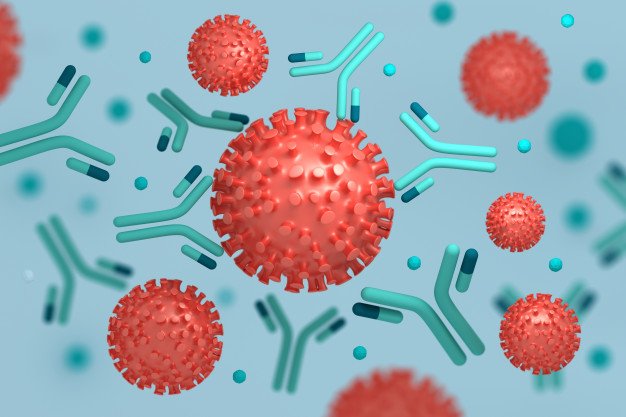
Photo Credit: Freepik
Scientists from Duke-NUS Medical School, the National Centre for Infectious Diseases (NCID) and the Agency for Science, Technology and Research (A*STAR) Infectious Diseases Labs found that antibodies against SARS-CoV-2 wane at different rates, lasting for mere days in some individuals, while remaining present in others for decades. The study, published in The Lancet Microbe, shows that the severity of the infection could be a deciding factor in having longer-lasting antibodies. Individuals with low levels of neutralizing antibodies may still be protected from COVID-19 if they have a robust T-cell immunity.
The team followed 164 COVID-19 patients in Singapore for six to nine months, analysing their blood for neutralizing antibodies against SARS-CoV-2, T cells and immune system signalling molecules. They then used this data to establish a machine-learning algorithm to predict the trajectories of peoples’ neutralizing antibodies over time.
“The key message from this study is that the longevity of functional neutralizing antibodies against SARS-CoV-2 can vary greatly and it is important to monitor this at an individual level. This work may have implications for immunity longevity after vaccination, which will be part of our follow-up studies,” said Professor Wang Linfa, from Duke-NUS’ Emerging Infectious Diseases (EID) Programme, a corresponding author of the study.
Another important aspect of effective immune defense is T-cell immunity. The study found that the patients tested, including those from the ‘negative group’, displayed sustained T-cell immunity six months after initial infection. This shows that individuals may still be protected if they have a robust T-cell immunity when the neutralizing antibody level is low.
The study emphasizes the importance of public health and social measures in ongoing pandemic outbreak response. The findings are important as policymakers design vaccination programmes and pandemic exit strategies.




